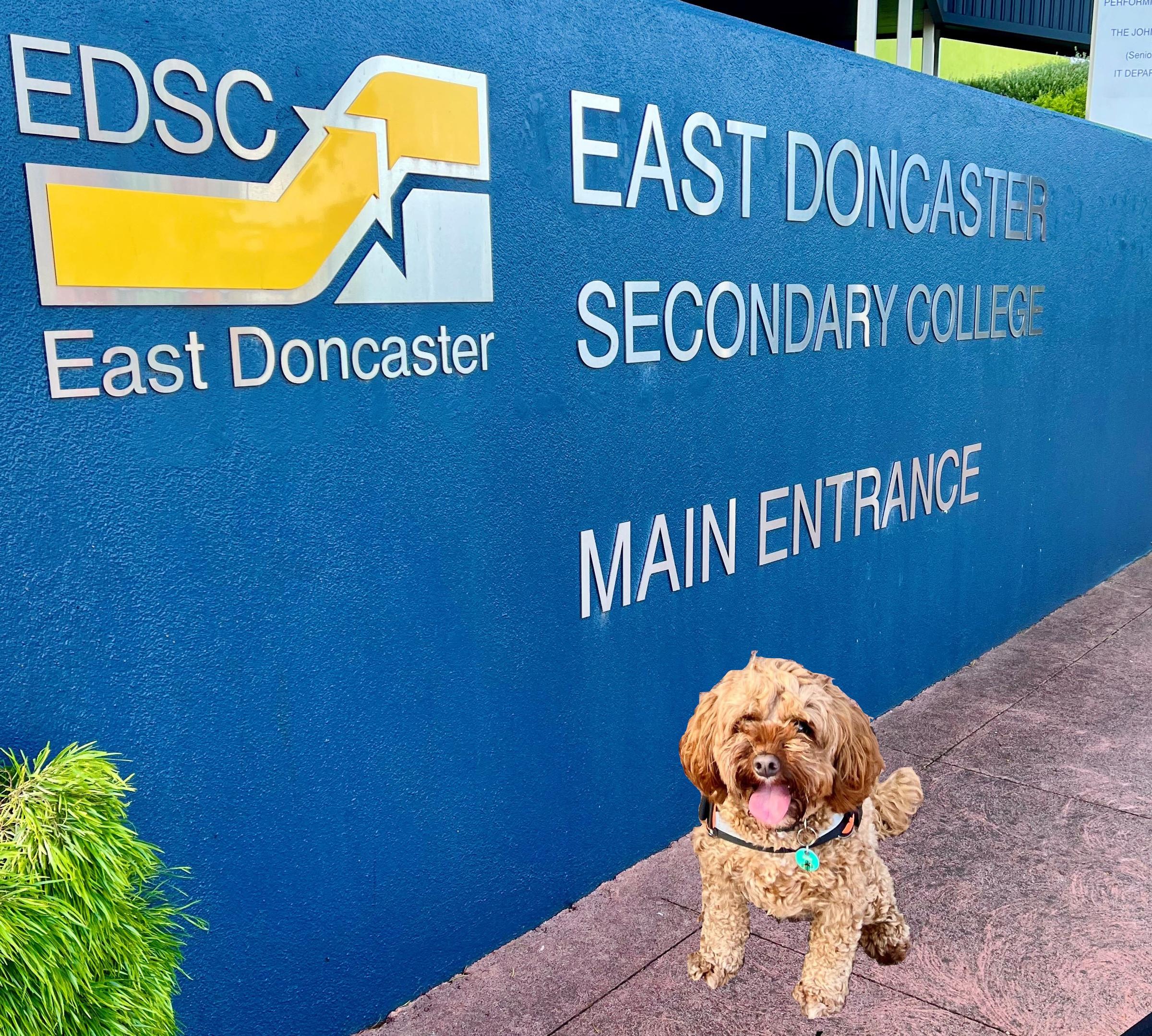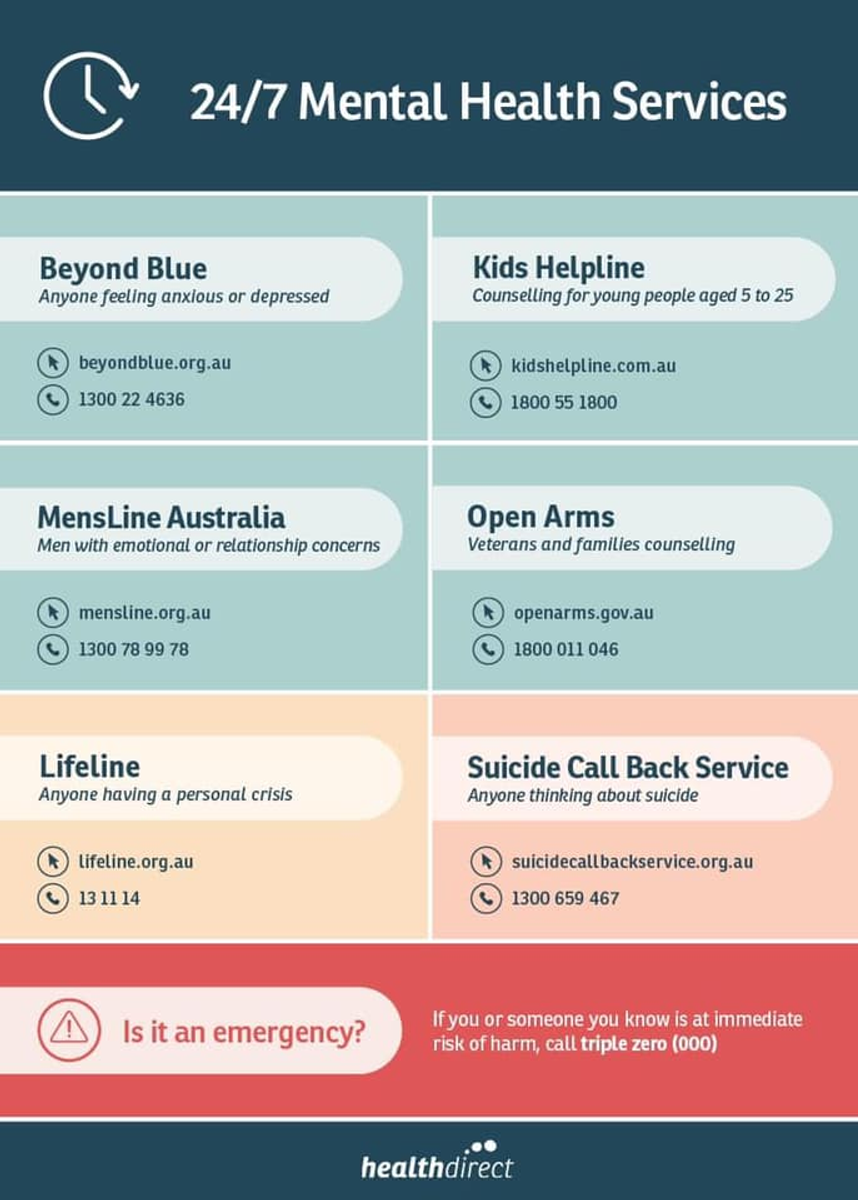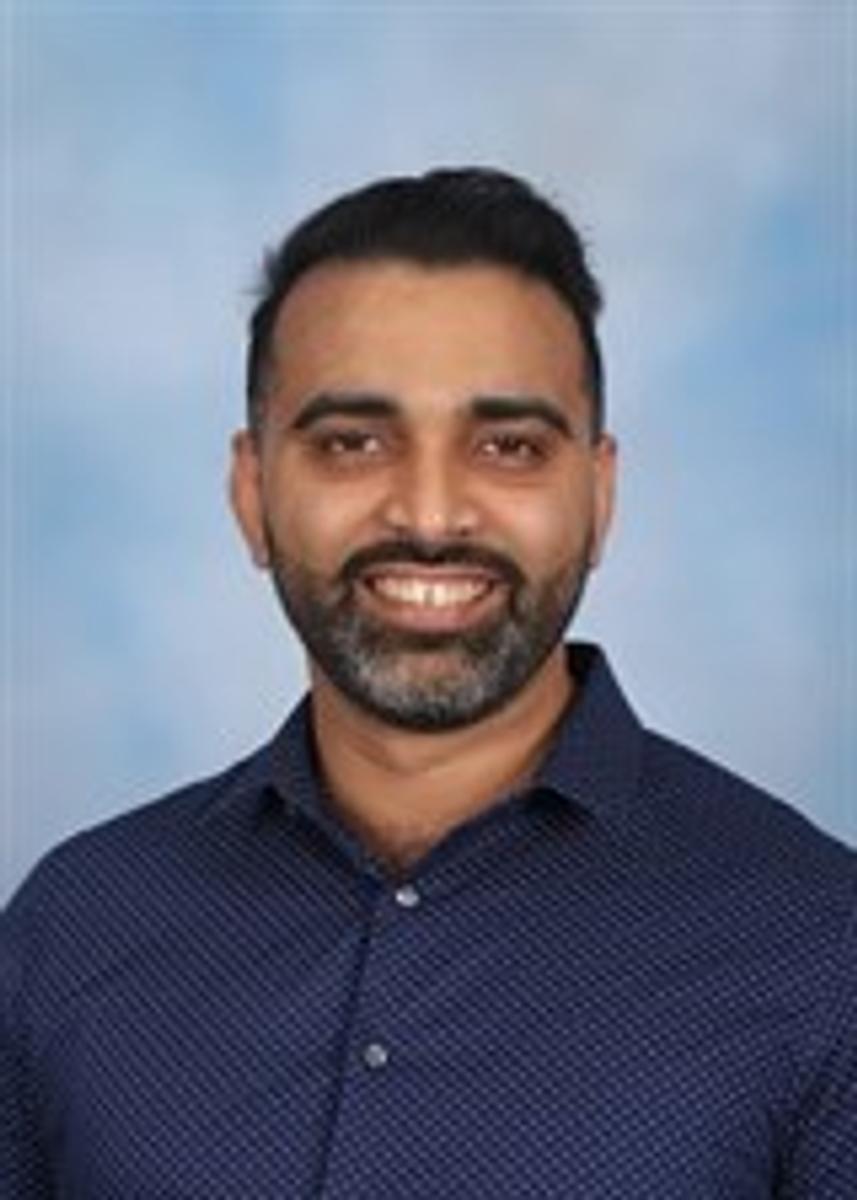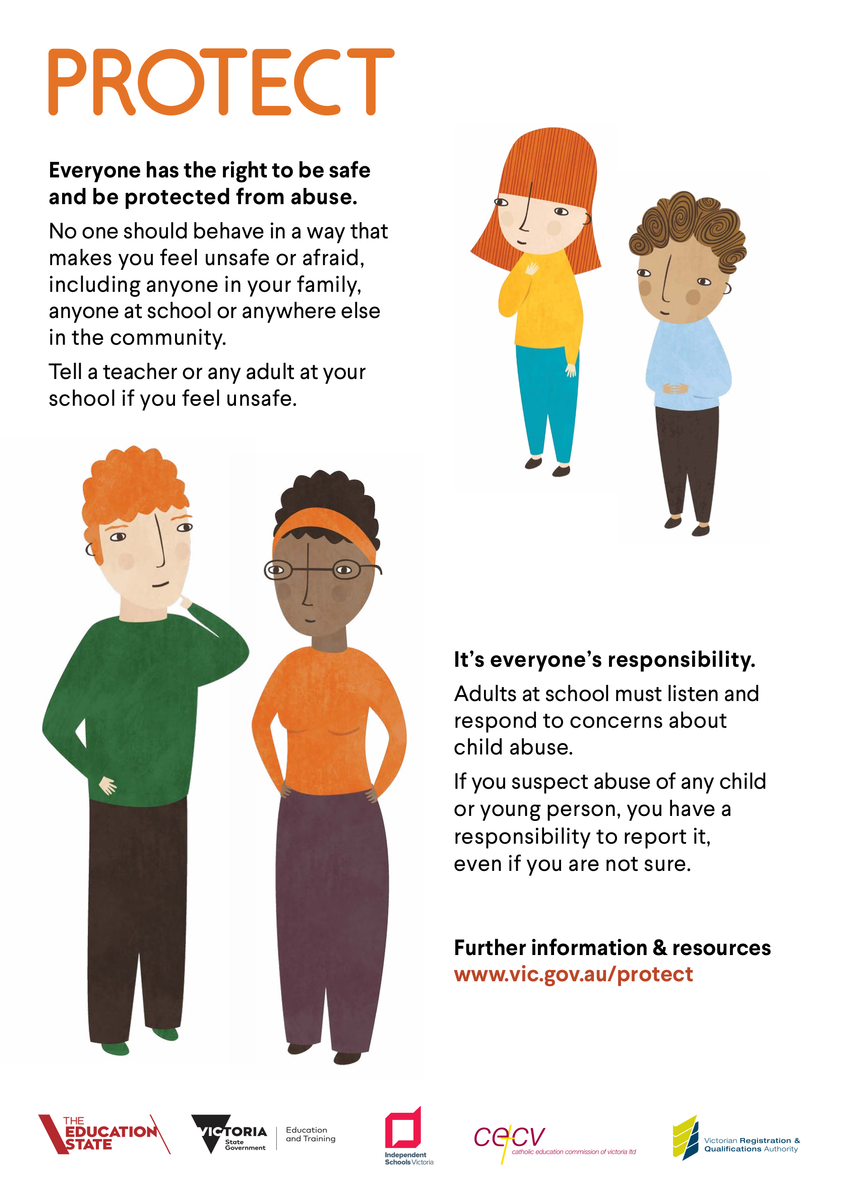
Student Wellbeing News
picture of Kobe - Wellbeing Dog
Study Skills
We often get asked about study tips and how to avoid procrastination. Whilst everyone has their preferred method of studying, here are some general tips that can be used when tackling homework, preparing for tests, learning/assessment tasks, SACS, and exams etc. Also, exam time is approaching for year 10’s and 11’s so it’s a good time to start getting prepared.
- Make a study schedule: Creating a study schedule can help you stay on track and ensure you cover all the topics you need to study. Break down your subjects into smaller, manageable tasks, and allocate specific time slots to each task. Stick to your schedule as much as possible.
- Start early: Don't wait until the last minute to start studying. Start early, so you have enough time to cover all the topics and revise them before the exams.
- Set achievable goals: Set small, achievable goals for each study session. This can help you feel a sense of accomplishment and motivate you to continue studying.
- Remove distractions: Avoid distractions such as social media, TV, and video games when you're studying. Turn off your phone or put it on silent mode to avoid distractions.
- Take breaks: Take regular breaks during your study sessions to avoid burnout and maintain your focus. However, don't make your breaks too long that they become a distraction.
- Find a study group: Studying with a group of peers can help you stay motivated and on track. You can discuss difficult concepts and exchange notes and ideas.
- Stay organised: Keep your study materials organised, so you don't waste time looking for them when you need them. Use folders, binders, and dividers to organize your notes and study materials.
- Stay motivated: Remember why you're studying and what you hope to achieve. Reward yourself when you reach your study goals.
Remember, it's essential to prioritise your studies especially for assessment/learning tasks, tests SAC’s and exams. By adopting these tips, you can overcome procrastination and work towards achieving academic success.
Lisa Trovato
Wellbeing Coordinator
Food & Financial Support
As we are all aware, the cost of living is increasing. We realise that this might be causing some distress to members of the EDSC community. If you are experiencing financial difficulties or food insecurity please look at the website www.askizzy.org.au. This website can help you locate services for food, money, clothing, health & housing in your area.
The College is able to provide a range of food to families within the community. Foodbank Victoria provide EDSC fresh fruit, cereals, milk, different types of ready meals, fruit cups and messy monkey snacks. If you and your family are experiencing food insecurity, please contact the school to arrange a food collection. For a confidential conversation, please call Maddie Sill on 9842-2244.
Please also note that if your child forgets their lunch they can come to the Wellbeing Hub to access the pantry.
Wellbeing Team
Wellbeing Staff
For more information about Wellbeing at the College, please visit the following link ..
Child Safety Standards
East Doncaster Secondary College is committed to the safety and wellbeing of all children and young people. This will be the primary focus of our care and decision making.
East Doncaster Secondary College has zero tolerance for child abuse.
East Doncaster Secondary College is committed to providing a child safe environment where children and young people are safe and feel safe, and their voices are heard about decisions that affect their lives. Particular attention will be paid to the cultural safety of Aboriginal children and children from culturally and/or linguistically diverse backgrounds, as well as the safety of children with a disability.
Every person involved in East Doncaster Secondary College has a responsibility to understand the important and specific role he/she plays individually and collectively to ensure that the wellbeing and safety of all children and young people is at the forefront of all they do and every decision they make.
In our planning, decision making and operations, all personnel at East Doncaster Secondary College will:
- Take a preventative, proactive and participatory approach to child safety;
- Value and empower children to participate in decisions which affect their lives;
- Foster a culture of openness that supports all persons to safely disclose risks of harm to children
- Respect diversity in cultures and child rearing practices while keeping child safety paramount;
- Provide written guidance on appropriate conduct and behaviour towards children;
- Engage only the most suitable people to work with children and have high quality staff and volunteer supervision and professional development;
- Ensure children know who to talk with if they are worried or are feeling unsafe, and that they are comfortable and encouraged to raise such issues;
- Report suspected abuse, neglect or mistreatment promptly to the appropriate authorities;
- Share information appropriately and lawfully with other organisations where the safety and wellbeing of children is at risk; and
- Value the input of and communicate regularly with families and carers.







